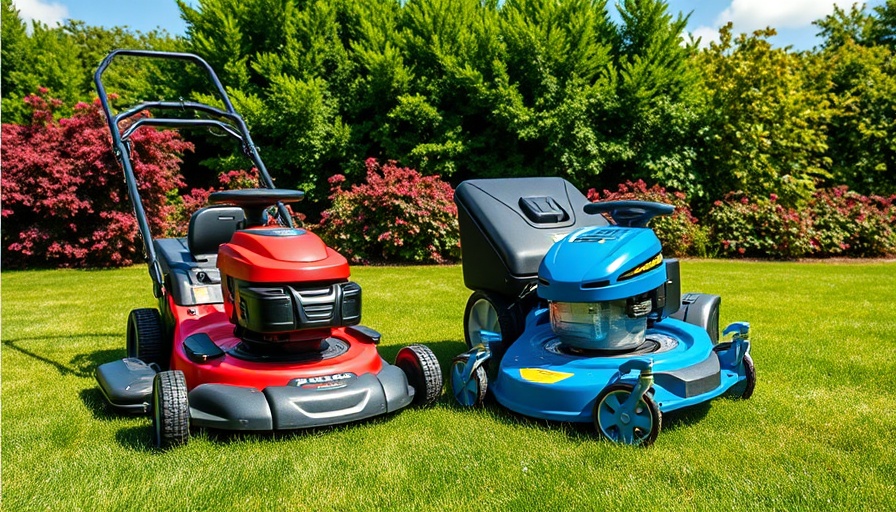
Understanding Slow-Release Fertilizers: Why Your Lawn Needs Them
A slow-release fertilizer for your lawn is essentially like a well-planned diet for your grass. These fertilizers are designed to gradually feed essential nutrients into the soil over weeks or even months, ensuring your lawn doesn’t experience the nutrient overload that quick-release fertilizers can sometimes cause. By using slow-release formulas, you’re setting your lawn up for sustained growth that’s both vibrant and resilient.
Types of Slow-Release Fertilizers and Their Benefits
The world of slow-release fertilizers can mainly be divided into organic and synthetic categories, each with its own unique benefits. Organic slow-release fertilizers, such as composted manures and bone meal, are natural options derived from animal or plant sources. While they promote overall soil health and retain moisture, they may offer a more unpredictable release of nutrients, which can be dependent on soil conditions and microbial activity.
On the other hand, synthetic slow-release fertilizers provide a predictable nutrient release, as they undergo a detailed manufacturing process to determine exactly what and how much is present in their makeup. They often contain key nutrients like nitrogen, phosphorus, and potassium, along with essential micronutrients that your turf will appreciate.
The Science Behind Slow-Release Fertilizers
How exactly do these slow-release fertilizers work? These products come in several forms—often granular or pellet—and are designed to break down over time. This creates a controlled environment in which plants can absorb nutrients as they need them. Particularly during peak growing seasons, this slow diffusion is essential in avoiding both nutrient burn and the significant expenses involved in over-fertilizing.
Ideal Timing for Application
The effectiveness of slow-release fertilizers can also hinge on when they are applied. It's best to incorporate them into your lawn care routine during spring or fall. This strategic application promotes optimal growth during the growing season while bolstering the lawn's defenses against heat stress or drought conditions.
Debunking Common Misconceptions
Some homeowners might hesitate when considering slow-release fertilizers, believing they take too long to work or are less effective than their quick-release counterparts. However, this couldn’t be further from the truth. Slow-release options deliver a steady supply of nutrients, effectively nurturing healthy grass roots and encouraging long-term growth. This gradual release should be viewed not as a delay, but as a measured approach that aligns with the natural growth patterns of your lawn.
Practical Tips for Using Slow-Release Fertilizers
When choosing a slow-release fertilizer, consider the specific needs of your lawn. Conduct a soil test to discover what nutrients your lawn may be deficient in or in abundance. This will help you select a fertilizer that aligns with your lawn’s needs, optimizing growth while maintaining soil health.
Additionally, ensure even distribution of the fertilizer to prevent patchy growth and consider mixing it with organic materials to further enhance soil health. Remember to water your lawn well after applying slow-release fertilizer, which can aid in activating the nutrients and facilitating their gradual absorption by grass roots.
How to Maximize Lawn Health with Fertilization
Besides using slow-release fertilizers, focus on maintaining regular lawn care routines that include mowing, watering, and aerating. Emphasize the importance of using quality equipment, as selection can enhance your lawn's health.
This means considering top-notch maintenance tools, such as mowers and blowers, which help you maintain not only a delightful appearance but an environment conducive to healthy plant growth. Regularly invest in these tools to optimize your lawn care tasks—remember, the right tool can make all the difference in your lawn care journey.
Your Next Steps
Equipped with the knowledge about slow-release fertilizers, it’s time to take action. Consider contacting a lawn care professional who can assess your specific needs and recommend the most suitable products and techniques tailored to your lawn. The investment now can lead to a lush, healthy, and stunning lawn for seasons to come.
 Add Row
Add Row 
 Add
Add 


 Add Row
Add Row  Add
Add 
Write A Comment